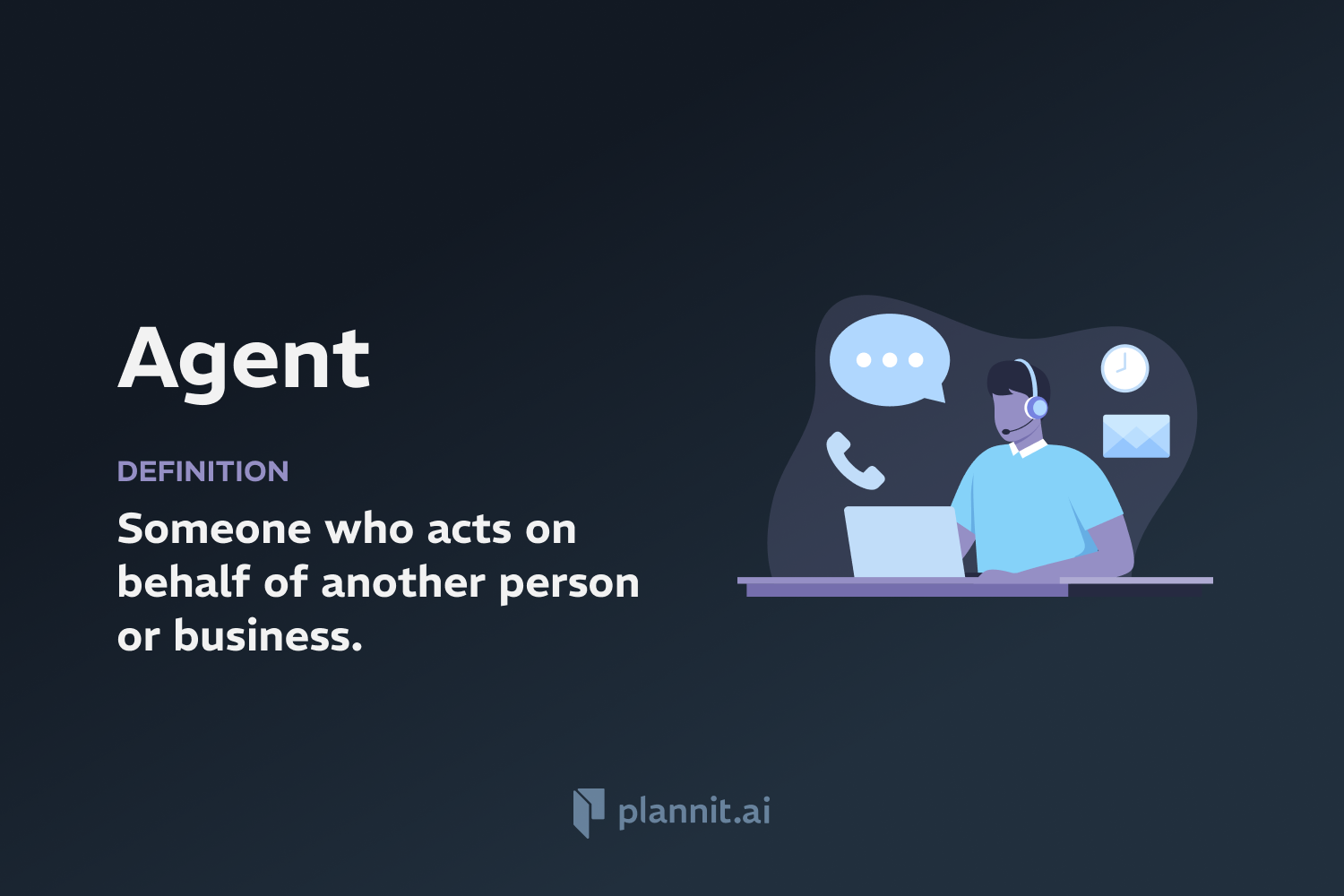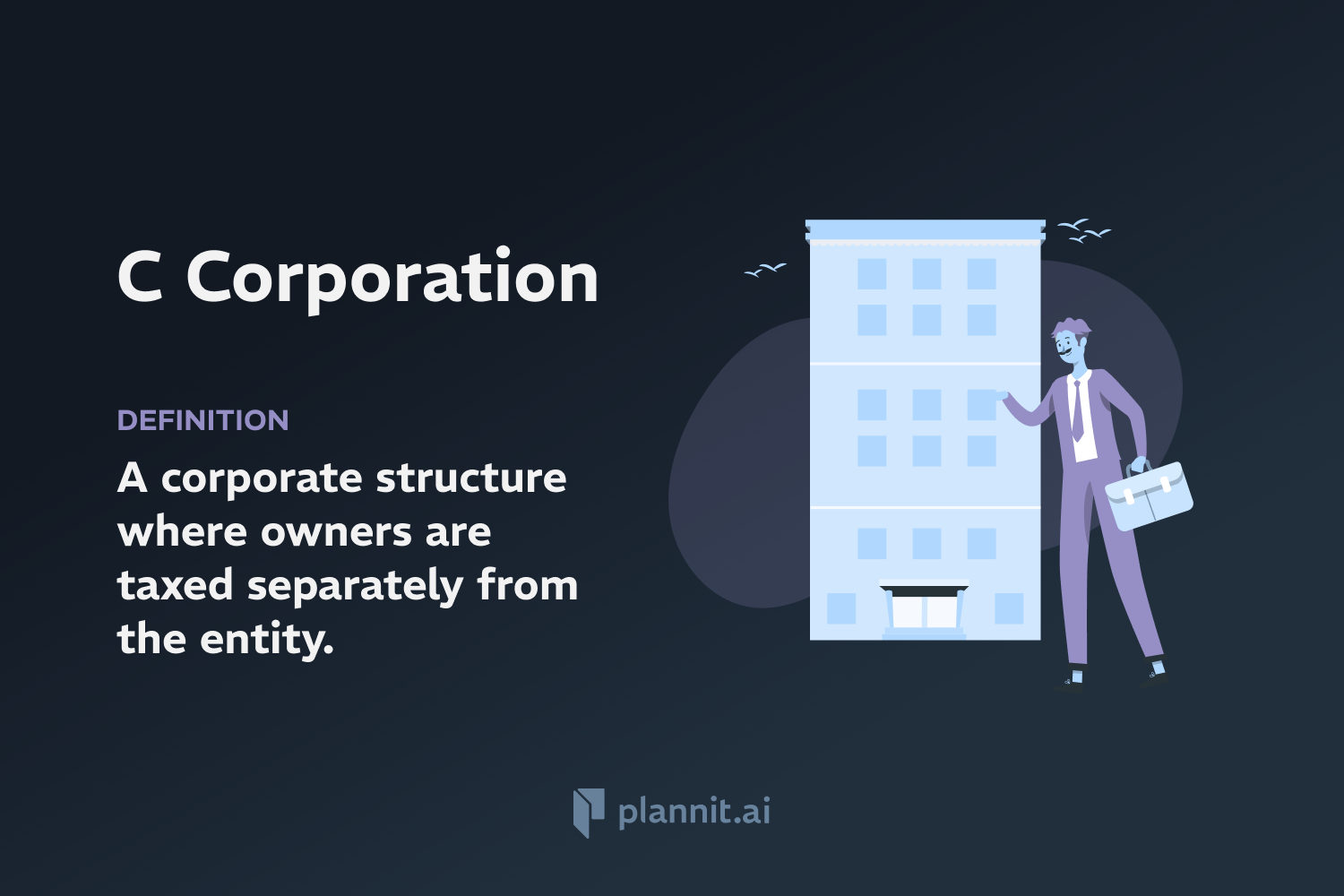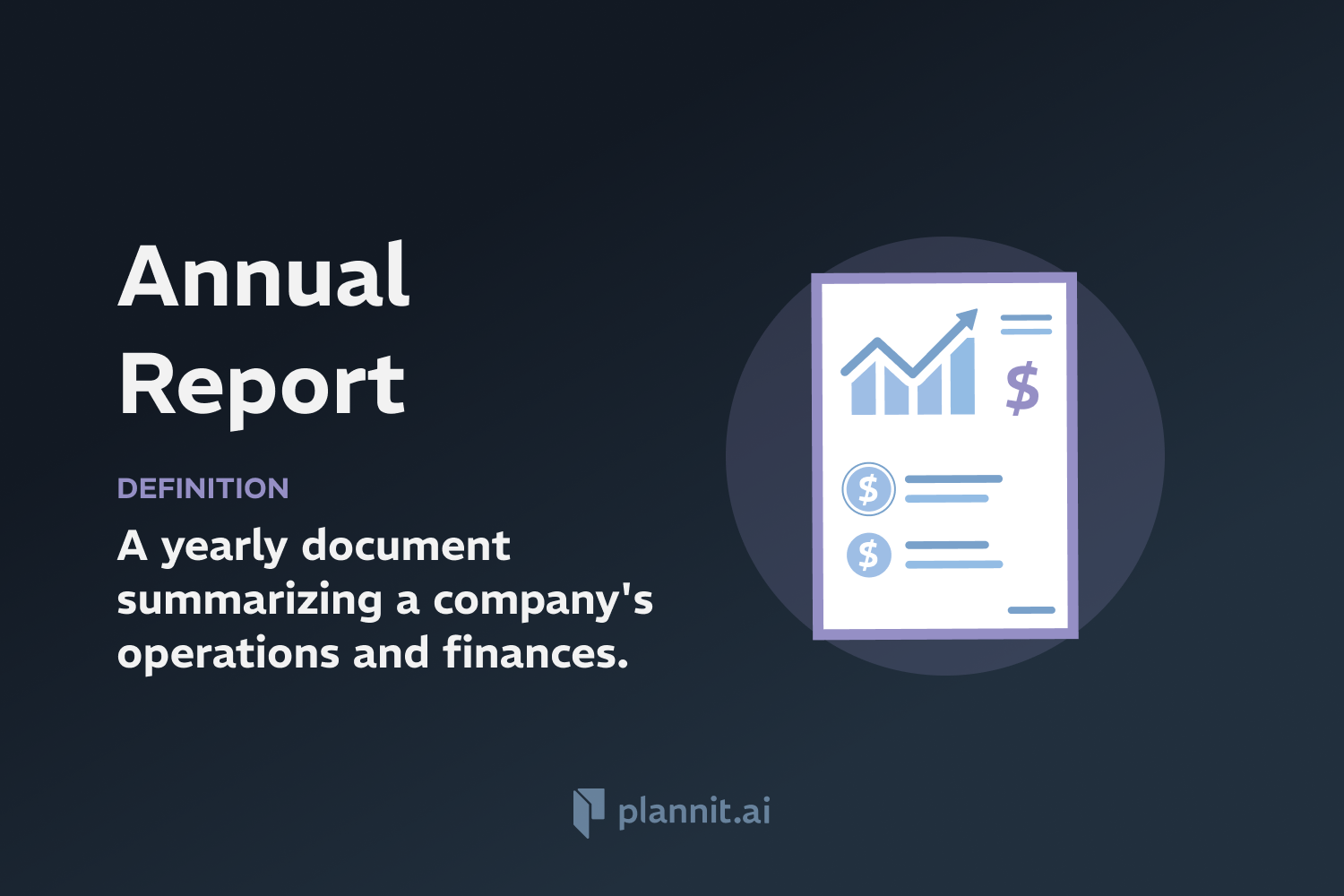Need Help With Your Business Plan?
Answer tailored questions and get a detailed business plan in minutes.
Agent: Definition & In-Depth Explanation

In a business and legal context, an agent is an individual or entity authorized to act on behalf of another person or entity, known as the principal, to create legal relations with a third party. This relationship is central to various business activities, such as negotiations, transactions, or representation in legal and commercial matters.
Purpose:
The purpose of appointing an agent is to enable the principal to extend their legal or commercial capabilities via the agent's actions. Agents can represent businesses in diverse scenarios, ranging from executing transactions, handling client relationships, managing specific projects, or performing tasks that require specialized knowledge or access.
Example:
In real estate, an agent is often hired to represent a buyer or seller. This real estate agent has the authority to make offers, negotiate prices, and finalize deals on behalf of their client. Similarly, in corporate settings, companies often appoint agents to handle specific business functions in different geographic regions where the principal does not have a physical presence.
Related Terms:
Principal: The individual or entity who authorizes an agent to act on their behalf.
Agency Agreement: A legal document that outlines the terms under which the agent will act on behalf of the principal, including scope of authority, duties, and compensation.
Fiduciary Duty: A legal obligation of one party to act in the best interest of another. The agent is obligated to act in the best interests of the principal.
Power of Attorney: A legal document that allows an individual to appoint a trusted agent to manage their affairs, particularly in legal and financial matters.
FAQs:
What are the different types of agents?
There are several types of agents, including general agents, special agents, and universal agents, each with different scopes of authority and responsibilities depending on the needs of the principal.
How does an agent differ from an employee?
While an agent acts on behalf of the principal with a degree of autonomy and does not necessarily work under the principal’s direct control, an employee works under the employment of the principal and is typically subject to closer supervision and control.
What legal responsibilities do agents have?
Agents have a duty to act loyally and in good faith, not to misrepresent or engage in conflicts of interest, and to provide full disclosure of relevant information to the principal.
Can an agent make decisions without the principal’s consent?
An agent can only make decisions within the scope of authority granted by the principal. Any action outside this scope may require express consent from the principal.
How can a principal terminate an agency relationship?
A principal can terminate an agency agreement at any time, provided it aligns with the terms of the agency agreement and adheres to any legal requirements. This typically involves notifying the agent of the termination in accordance with the agreement.
Get funding with a business plan that will impress investors.
Starting a New Business?



